08 May Book Recommendations for those interested in a Healthy Lifestyle
A few book recommendations that deal with a myriad of issues ranging from diet to stress:
- Primal Body, Primal Mind by Nora Gedgaudus
- “Combining your body’s Paleolithic needs with modern nutritional and medical research for complete mind-body wellness
- Maximize Your Vitality & Potency by Wright Lenard
- “Like women, men go through a type of menopause, in which they experience fatigue, loss of muscle mass, weakened bones, enlarged prostates, loss of hair, and perhaps worst of all, loss of sexual drive and function. These are natural manifestations of aging, and the authors contend that natural treatment — rather than synthetic drugs — will best help men retain their vitality without dangerous side effects.”
- Adrenal Fatigue the 21st century Stress Syndrome by James L. Wilson
- “Find out how stress affects your body and what you can do to recover and protect your health in this comprehensive self-help book.”
- Wheat Belly by William Davis, MD
- “Renowned cardiologist, William Davis, MD explains how eliminating wheat from our diets can prevent fat storage, shrink unsightly bulges, and reverse myriad health problems.”
- Brain Maker by David Perlmutter, MD
- “Dr. Perlmutter explains the potent interplay between intestinal microbes and the brain, describing how the microbiome develops from birth and evolves based on lifestyle choices, how it can become “sick,” and how nurturing gut health through a few easy strategies can alter your brain’s destiny for the better.”
- Grain Brain by David Perlmutter , MD
- “Featuring a blend of cutting-edge research, real-life stories of transformation, and accessible, practical advice, Grain Brain teaches you how to take control of your “smart genes,” regain wellness, and enjoy lifelong health and vitality.”
- The Rosedale Diet by Ron Rosedale, MD
- Metabolic specialist Ron Rosedale, M.D., has designed the Rosedale Diet to regulate the powerful hormone leptin, which controls appetite and weight loss by telling the brain when to eat, how much to eat—and when to stop.





